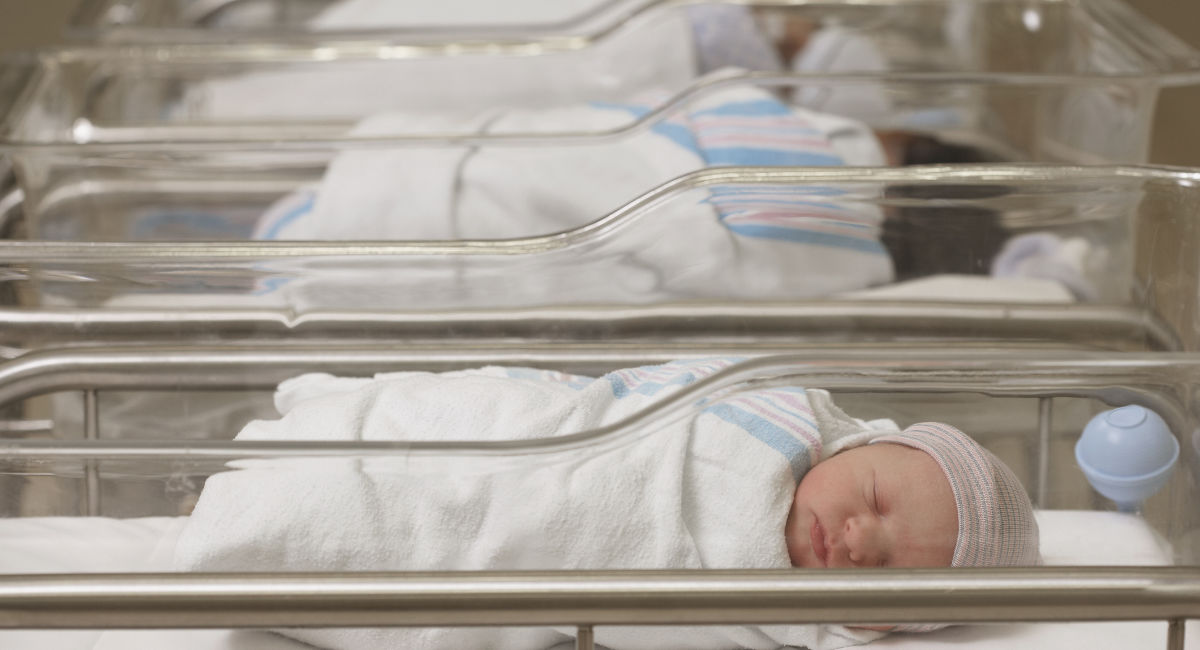A new study from Johns Hopkins University indicates that Texas’ 2021 “heartbeat bill” saved nearly 10,000 babies from abortion, providing additional corroboration for the effectiveness of pro-life laws.
Released on Thursday, the study came amid a flurry of news that women were crossing state lines in the year after the Supreme Court overturned Roe and allowed individual states to impose greater restrictions on the procedure. But according to Hopkins’ study, which attempted to account for travel to neighboring states, “out-of-state abortions did not fully offset the overall decrease in facility-based abortions in the post–SB 8 period.”
The researchers, which included two affiliated with Planned Parenthood, added: “This decrease in facility-based abortion care suggests that many Texas residents continued their pregnancies, traveled beyond a neighboring state, or self-managed their abortion. Moreover, the decrease that occurred following SB 8—when Texas residents could obtain care in all neighboring states—might be even greater now that Texas and many surrounding states have banned abortions.”
In total, Hopkins statistical modeling projected that Texas’ law was associated with 9,799 “additional live births” in the state. Dr. Allison Gemmell, a Hopkins assistant professor, used the term “extra” to describe the births – phrasing that provoked criticism on social media.
“There has been a lot of speculation about how restrictive abortion policies will affect the number of babies being born. This research adds valuable information to that discussion,” said Gemmill. “Although our study doesn’t detail why these extra births occurred, our findings strongly suggest that a considerable number of pregnant individuals in Texas were unable to overcome barriers to abortion access.”
The Washington Post’s Caroline Kitchener reiterated that phrasing, prompting some to call her out on Twitter.
If by "extra live births" you mean almost 10,000 babies are now alive that would otherwise be dead https://t.co/iBrKndvKVK
— Greg Price (@greg_price11) June 29, 2023
"Live births" is how Washington Post's abortion reporter describes a human baby. https://t.co/f4z1SBPax6
— Mary Margaret Olohan (@MaryMargOlohan) June 29, 2023
Students for Life of America President Kristan Hawkins suggested the new study showed that pro-life laws do in fact save lives.
Laws save lives. https://t.co/4FvRdIGC6X
— Kristan Hawkins (@KristanHawkins) June 29, 2023
It’s difficult to capture the full scope of abortions that occur in the U.S. as unknown numbers of women may seek underground procedures or pills. Yet and still, pro-life and pro-abortion organizations have both produced data alongside analyses that restrictions result in living babies who might have otherwise been killed in the womb.
The pro-abortion Society for Family Planning has indicated as much and recently released an updated estimate of 24,000 fewer abortions post-Dobbs (though this estimate did not include self-managed abortions).
Earlier this week, Charlotte Lozier Institute scholar Michael New also released a revised estimate of 2,566,968 lives saved by the Hyde Amendment, which blocks federal funding for most abortion.
This makes sense as abortion businesses and pro-abortion advocates often complain about the prohibitive costs of the procedure, including from the travel yielded by closing facilities. Just months after the Supreme Court’s decision in Dobbs, the Guttmacher Institute noted that 66 abortion facilities had stopped offering “abortion care.”
Since then, news has surfaced that other abortion facilities – like three from Planned Parenthood in Iowa – were shutting their doors.
Newly enacted pro-life laws and corresponding lawsuits have also created an uncertain legal landscape that ultimately stifles or outright halts abortions within states.








